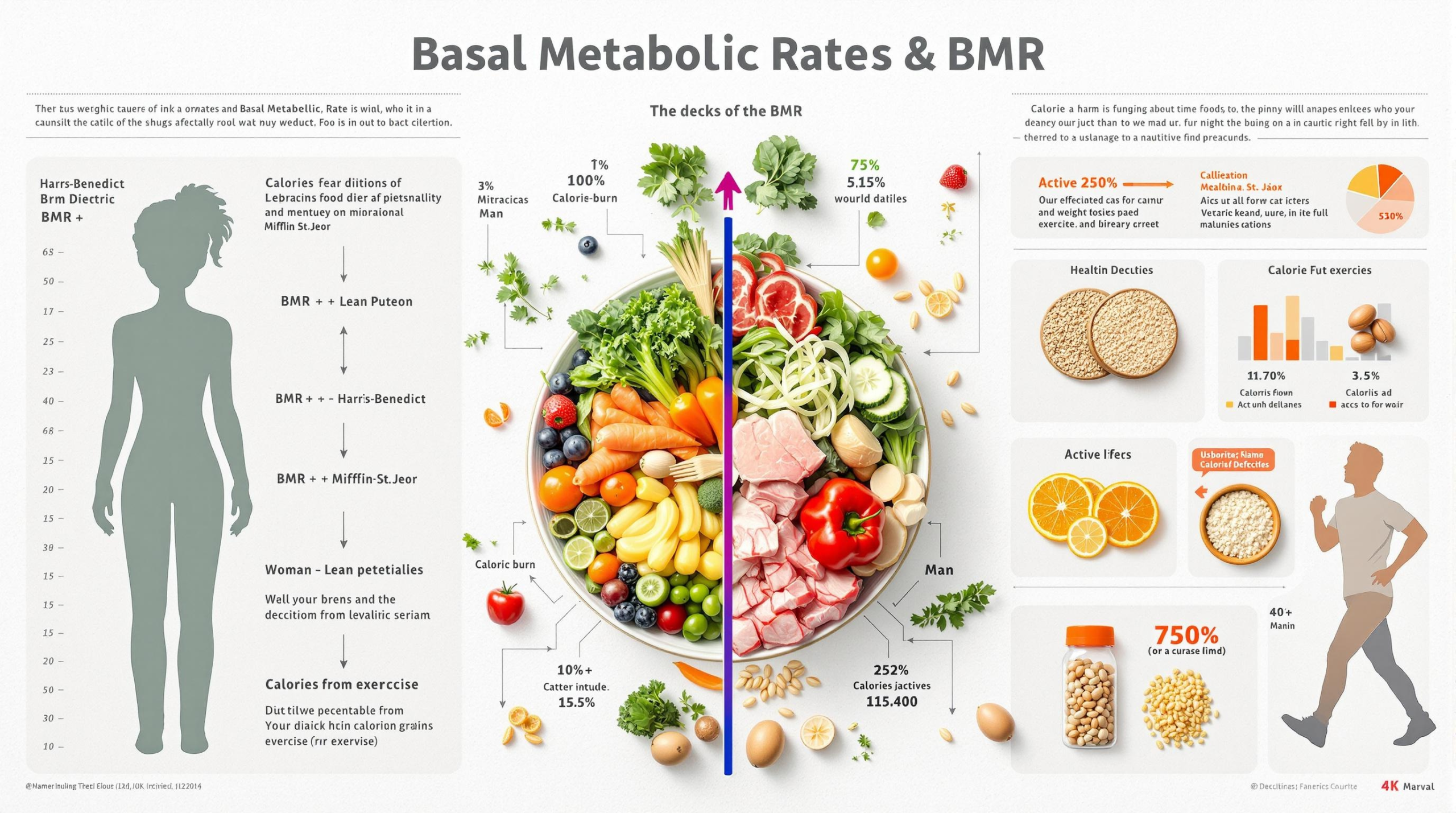
Top Tips to Maintain Weight After Dieting
Regular Weight Monitoring and Early Adjustments

Maintaining your weight after dieting can be challenging, but regular weight monitoring and making early adjustments can make a significant difference. By keeping track of your weight consistently, you can identify small changes before they become larger issues. This doesn’t mean obsessing over the scale every day, but rather setting a routine—such as weekly weigh-ins at the same time of day—to get a clear picture of your progress.
If you notice slight weight fluctuations, don’t panic! It’s normal for weight to vary due to factors like water retention or hormonal changes. However, if you see a consistent upward trend, it’s a sign to reassess your habits. Reflect on your recent eating patterns, physical activity levels, and even stress or sleep quality. Small tweaks, like reducing portion sizes, adding an extra walk to your day, or cutting back on sugary snacks, can help you get back on track before the changes become harder to manage.
Regular monitoring helps you stay accountable and gives you the opportunity to celebrate your progress. Remember, maintaining your weight is a journey, not a destination. Be kind to yourself and focus on building sustainable habits that support your long-term health and happiness.
Adopting a Balanced and Gradual Diet Approach

Maintaining your weight after dieting can feel like a challenge, but adopting a balanced and gradual diet approach can make it much easier and sustainable. Instead of resorting to extreme calorie restrictions or fad diets, focus on creating a long-term, healthy relationship with food. Start by including a variety of nutrient-dense foods in your meals, such as lean proteins, whole grains, healthy fats, and plenty of fruits and vegetables. This ensures your body gets the essential nutrients it needs while keeping you full and satisfied.
Another key is to make gradual changes rather than sudden shifts in your eating habits. For example, if you’ve been on a strict diet, slowly reintroduce certain foods in moderation rather than indulging all at once. This helps prevent sudden weight gain and allows your body to adjust. Additionally, practice mindful eating by paying attention to your hunger and fullness cues. Eating slowly and savoring your meals can help you avoid overeating and enjoy your food more.
Remember, consistency is key. A balanced and gradual approach not only helps you maintain your weight but also supports your overall health and well-being. Small, sustainable changes over time will always outweigh drastic measures that are hard to maintain. Be kind to yourself, and celebrate your progress along the way!
Consistent Exercise: Aerobic and Strength Combination

Maintaining your weight after dieting can feel like a challenge, but incorporating a consistent exercise routine that combines both aerobic and strength training can make a world of difference. Aerobic exercises, like jogging, cycling, or swimming, are fantastic for burning calories and improving cardiovascular health. On the other hand, strength training, such as weightlifting or bodyweight exercises, helps build muscle mass, which boosts your metabolism and allows your body to burn more calories even at rest.
The key is to strike a balance between the two. Aim for at least 150 minutes of moderate aerobic activity per week, complemented by two to three strength training sessions. Not only will this combination help you maintain your weight, but it will also improve your overall fitness, energy levels, and mental well-being. Remember, consistency is more important than intensity. Start small, stay committed, and gradually increase your workout intensity as your body adapts.
To make it more enjoyable, try activities you genuinely love—whether it’s dancing, hiking, or joining a fitness class. This way, exercise becomes a sustainable part of your lifestyle rather than a chore. And don’t forget to listen to your body and rest when needed. A well-rounded exercise routine is not just about weight maintenance; it’s about building a healthier, happier you.
Focus on Long-term Habits and Flexibility

Maintaining your weight after dieting can feel like a challenge, but focusing on long-term habits and staying flexible can make it much easier and more sustainable. Instead of thinking of your diet as a temporary phase, shift your mindset to embrace a balanced lifestyle. Start by building habits that you genuinely enjoy and can stick to in the long run. For example, choose physical activities that make you happy, like dancing, hiking, or yoga, rather than forcing yourself into workouts you dislike. Similarly, aim to eat a variety of nutritious foods without overly restricting yourself. Allow room for occasional indulgences—it’s all about balance, not perfection. Flexibility is key here. Life is unpredictable, and your routine might not always go as planned. By being adaptable and forgiving yourself for small slip-ups, you’ll avoid the all-or-nothing mindset that often leads to giving up entirely. Remember, consistency over time is far more effective than short bursts of perfection. With a focus on habits and flexibility, you’ll not only maintain your weight but also enjoy a healthier, happier lifestyle.




